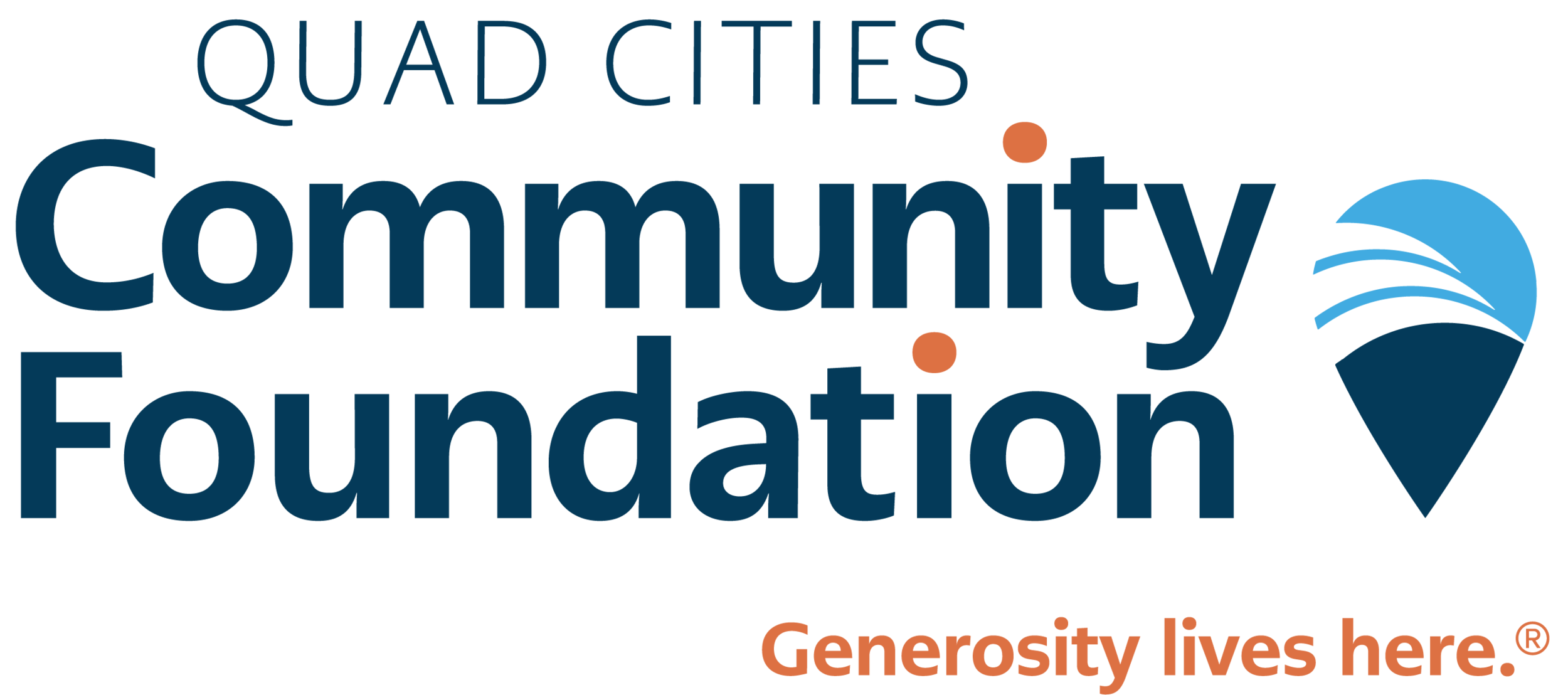What it means to be a trusted messenger
When COVID-19 began making headlines in early 2020, no one knew exactly how to respond. Even as the pandemic unfolded and more information became available, uncertainty and confusion—and the stress that comes with them—were difficult to shake. For many refugees in the Quad Cities, it was even harder to feel informed.
“So many refugees we worked with were unsure of who or what to believe,” said Laura Fontaine, director of World Relief Quad Cities, which provides services for refugees and immigrants in the bi-state region. Social distancing protocols only created steeper hurdles for communication.
In light of these challenges, Fontaine wanted to make sure that World Relief’s clients had accurate, reliable information they could trust. A grant from the Quad Cities Disaster Recovery Fund helped make that happen.
With the funding, the organization increased the capacity of its bilingual staff, with a focus on educating clients. “Many of our families, especially the older clients, don’t trust what the media, doctors, or the government say. For them, we are the trusted messengers,” explained Fontaine. “Being able to keep three bilingual staff on payroll to educate our families in their own language has been beyond useful.”
It was particularly important for staff to be able to connect with clients, including those who were skeptical about the danger of the virus, to share information about the precautionary measures to take in order to stay healthy.
“When you already understand something, it’s easy to forget how it affects others,” said Mbanzamihigo “Abe” Ibrahim, a caseworker at World Relief Quad Cities who participated in the organization’s education and outreach efforts. “Working during the pandemic reminded me that just because I already know doesn’t mean that someone else will. Everyone deserves to understand what’s happening, why it’s happening, and how they can stay safe.”
“It’s hard to put a number on how impactful this was, but it really did matter to these populations of people to have someone they could trust to talk to about COVID.” Congolese and Burmese individuals and families currently make up the largest portions of the refugee population in the Quad Cities. More broadly, refugees and immigrants have been among those disproportionately impacted by the negative effects of the pandemic.
In addition to meeting with clients, World Relief staff recorded informational videos and uploaded them to Facebook and WhatsApp, both platforms popular with several of the refugee populations in the area.
No “Hanna” Niang, another World Relief caseworker, was part of a separate effort to assemble and distribute COVID-19 supply boxes including masks, toilet paper, hand sanitizer, cleaning products, and other items that might be difficult to afford or find at stores. “I loved seeing families’ reactions when they received the items they needed,” said Niang. “It’s also my duty to make sure families feel safe, and it was rewarding to reduce some of their fear just by talking to them and letting them know that they weren’t alone.”
Staff also put together COVID-19 supply boxes, including masks, toilet paper, hand sanitizer, cleaning products, and informational pamphlets. Delivering the boxes in person gave them the opportunity to meet with individuals who felt socially isolated. “It was really about staying connected with these families and making sure they were okay,” Fontaine said.
She emphasized that collaboration played a crucial part in World Relief’s work. Several local organizations and churches helped with the supply boxes, while volunteers worked to sew hundreds of masks.
“We saw our community mobilize and come together to solve problems,” said Fontaine. “To have so many partners was truly key to our success. It also opened doors to new organizations and people we had not worked with before.”
“The Quad Cities has a lot of organizations who are willing to help in times of need, but many people, especially refugees, just don’t know they’re out there,” Niang added.
According to Fontaine, the Community Foundation was the linchpin. “They are so important,” she said. “We could not have done this without that funding and support.”

